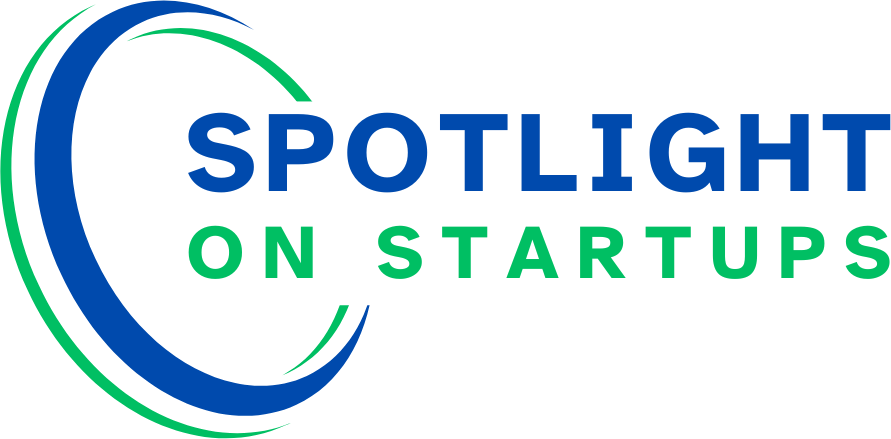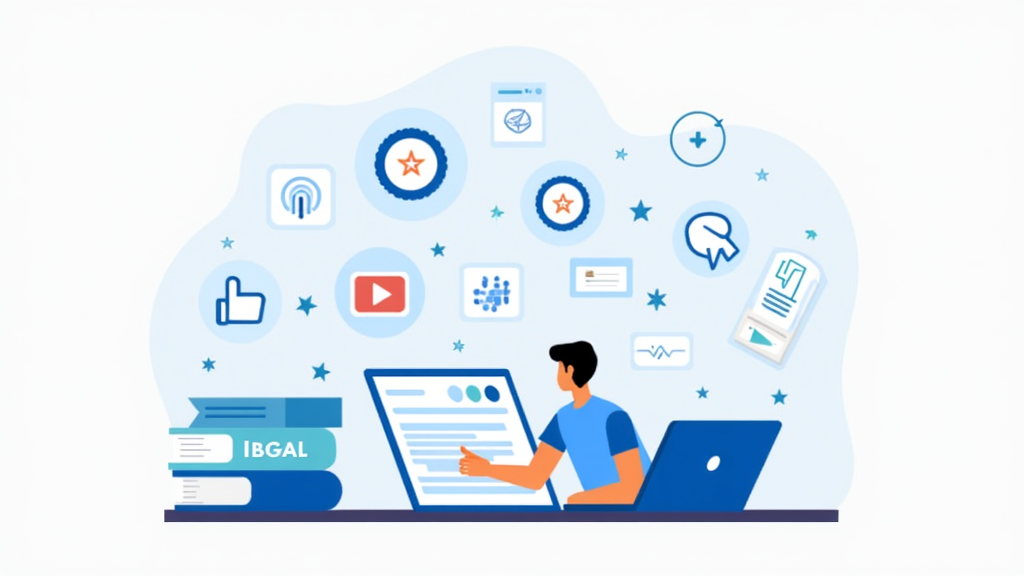Web scraping ethics are critical in today’s digital landscape, where the boundaries of data collection blur. As individuals and businesses engage in ethical web scraping, understanding the legality surrounding data extraction is essential to avoid crossing lines marked by copyright rules for scraping. Adhering to data extraction guidelines not only fosters trust but also helps maintain a respectful relationship with website owners. By scraping websites responsibly, we can gather valuable information without infringing on rights or breaching privacy. Thus, cultivating a practice grounded in web scraping ethics ensures a sustainable future for data usage in technology.
When delving into the topic of data collection from online sources, it’s vital to consider the principles guiding responsible harvesting of information, commonly referred to as ethical web scraping. This concept revolves around the legality of extracting data, which includes adhering to copyright regulations that protect the ownership of digital content. Emphasizing responsible online practices, it becomes essential for data miners to respect the privacy and policies of the websites being analyzed. By following established data extraction protocols, one can navigate the complexities of digital information acquisition with integrity and foresight. Ultimately, ensuring compliance with legal and ethical standards enriches the practice of collecting online data.
Understanding Ethical Web Scraping
Ethical web scraping is a crucial aspect of data extraction that prioritizes respect for copyright and privacy laws. When executing data scraping projects, it’s important for individuals and organizations to ensure that they are not violating the terms of service of the websites they intend to scrape. Understanding and adhering to these guidelines is essential, as scraping without permission or against the site’s rules could lead to legal ramifications.
In addition to legal compliance, ethical web scraping involves being mindful of the impact scraping activities can have on the server’s performance. Recognizing peak times and adjusting scraping frequency can prevent unnecessary strain on the website’s infrastructure, demonstrating professional integrity and responsibility. Following ethical practices fosters a positive relationship between data scrapers and website owners.
The Legality of Web Scraping Practices
Web scraping legality is a complex issue that varies across different jurisdictions. In the United States, for instance, scraping may not be illegal per se, but it can violate various laws if it involves accessing information unlawfully. Cases such as the LinkedIn vs. hiQ Labs lawsuit illustrate the importance of understanding the legal nuances surrounding web scraping. It is crucial for businesses and developers to stay informed about the laws governing data extraction to minimize the risk of litigation.
Additionally, copyright rules play an integral role in determining the legality of scraping content. Many websites have copyrights on their data and content, meaning that scraping such information without explicit permission could infringe on those rights. Therefore, aspiring scrapers must familiarize themselves with copyright laws and make informed decisions about which data can be legally obtained and how it should be utilized.
Data Extraction Guidelines for Responsible Scraping
When it comes to data extraction guidelines, adhering to a structured approach is vital for responsible scraping. Firstly, developing a comprehensive plan that outlines the data needs, the sources to be scraped, and the intended use of the data can streamline the process while ensuring ethical compliance. This plan should also include a risk assessment highlighting potential legal issues associated with scraping specific websites.
Additionally, it is essential to utilize proper technical methods, such as implementing courteous crawling practices and respecting robots.txt files. By adhering to these guidelines, scrapers can demonstrate their commitment to responsible data collection, value the online ecosystem, and maintain good rapport with data provider sites.
Scraping Websites Responsibly
Scraping websites responsibly not only protects the scraper’s interests but also respects the rights of website owners and their content. One key practice is to perform scraping during off-peak hours to minimize the impact on the servers hosting the data. This approach helps avoid overwhelming the target website, ensuring that regular users can access the site without disruptions.
Moreover, providing proper attribution for the data obtained can enhance transparency and foster trust between data scrapers and webmasters. By giving credit to the original data source, scrapers can contribute to a more ethical scraping environment, where both parties can benefit without exploiting the resources of one another.
Best Practices for Ethical Data Extraction
Implementing best practices for ethical data extraction is vital for long-term success in any scraping endeavor. An effective practice involves verifying the legitimacy and accuracy of the data collected after scraping. Ensuring that your data is up-to-date and relevant not only adds value to your project but also demonstrates your dedication to maintaining ethical standards.
Another best practice is to engage with website owners or administrators when intending to scrape their content. Seeking permission is not only ethical but can also lead to partnerships that may enhance data access or offer additional insights. Overall, the better the relationship with data providers, the smoother the scraping process will be.
The Impact of Scraping on Website Owners
It’s essential to recognize the impact that web scraping can have on website owners. Many website operators invest significant resources into creating and maintaining their sites, including content creation and server optimization. Scraping, particularly if done irresponsibly, can affect their business by diverting traffic or consuming bandwidth that can hinderthe user experience.
Additionally, scraped content can be misused in various ways, including redistribution without consent or manipulation for misleading purposes. This not only affects the original website’s traffic and reputation but also raises ethical questions about the integrity of the data being used. Therefore, being proactive in communicating the intentions behind scraping can help mitigate negative effects.
Navigating Copyright Rules for Scraping
Understanding copyright rules is vital for anyone engaging in web scraping. Websites often have protective measures in place for their content, and scraping content without authorization can lead to serious legal issues. Aspiring scrapers should carefully review copyright policies and be aware of fair use guidelines that may allow limited use of data without breaching copyright.
Furthermore, employing techniques such as data anonymization or aggregation can help align with copyright compliance while still enabling meaningful data analysis. By adhering to these practices, scrapers can ensure that they are not only compliant but also effectively utilizing the data within legal bounds.
Building Ethical Scraping Tools and Techniques
When developing scraping tools, it’s imperative to incorporate ethics-oriented design principles into the programming. This can include user-friendly features that make it easy to respect website policies, like automated checks for robots.txt files. Such tools empower users to scrape responsibly and adhere to ethical guidelines seamlessly.
Additionally, creating scalable scraping solutions that can efficiently manage large amounts of data while following ethical guidelines can have a positive ripple effect across the scraping community. Sharing these tools, or knowledge on their use, can foster an environment conducive to responsible scraping practices and contribute positively to the data ecosystem.
The Future of Web Scraping and Ethics
As technology continues to advance, the future of web scraping will increasingly intertwine with ethical considerations. With rising awareness of data privacy, scrapers will need to adapt their methods to align with new regulations such as GDPR in Europe. Emphasizing ethical practices will be paramount in establishing a framework that protects both data gatherers and content creators.
Moreover, emerging technologies like artificial intelligence and machine learning may enhance scraping methodologies, but ethical guidelines must evolve as well. Ensuring that these advances comply with legal standards and ethical norms will be crucial in maintaining integrity in data extraction practices. This balanced approach will set the foundation for responsible web scraping moving forward.
Frequently Asked Questions
What are the ethical considerations in web scraping?
Ethical web scraping involves respecting copyright rules for scraping and ensuring that data extraction complies with the terms of service of the targeted websites. Web scrapers should consider the potential impact on server load and user privacy.
Is web scraping legal if the data is publicly accessible?
Web scraping legality varies by jurisdiction and depends on factors such as the site’s terms of service. However, ethical web scraping practices suggest obtaining permission and adhering to data extraction guidelines to avoid legal issues.
How can I scrape websites responsibly?
To scrape websites responsibly, follow ethical web scraping practices by throttling requests to avoid overwhelming servers, respecting the website’s robots.txt file, and considering the privacy and rights of the data subjects.
What are the best practices for ethical web scraping?
Best practices for ethical web scraping include familiarizing yourself with data extraction guidelines, obtaining permissions when necessary, and using scraping techniques that minimize the impact on the source website’s performance and user experience.
What should I know about copyright rules for scraping?
Copyright rules for scraping dictate that while factual data may be freely scraped, proprietary content, including images and unique text, requires permission. Understanding these rules is crucial for ethical web scraping.
Can I use scraped data for commercial purposes?
Using scraped data for commercial purposes can be legally sensitive. Always verify the web scraping legality in your jurisdiction and adhere to ethical web scraping practices, including potentially seeking permission from the data owners.
How does web scraping impact privacy?
Web scraping can impact privacy if personal data is collected without consent. Ethical web scraping mandates the protection of individual privacy and adherence to data protection laws.
What are the consequences of unethical web scraping?
Consequences of unethical web scraping can include legal actions, blocked IP addresses, and strained relationships with data providers. Adhering to ethical web scraping guidelines helps mitigate these risks.
| Key Point | Explanation |
|---|---|
| Copyright Laws | Web scraping can violate copyright laws if it reproduces or redistributes copyrighted material without permission. |
| Privacy Issues | Scraping personal data from websites can infringe on privacy rights and regulations, such as GDPR. |
| Terms of Service | Many websites have clear terms of service that prohibit scraping, and violating these can lead to legal consequences. |
| Ethical Considerations | It’s essential to consider the ethical implications of web scraping, including harm to website performance and user experience. |
| Alternative Approaches | Instead of scraping, obtaining data through APIs or direct permission from the data owner is recommended. |
Summary
Web scraping ethics is a critical topic in today’s digital landscape. Understanding web scraping ethics involves recognizing the legal and moral implications of extracting data from websites. This includes respecting copyright and privacy laws, adhering to a site’s terms of service, and considering the overall impact on both the website’s performance and user experience. To act ethically, web scrapers should seek alternative methods for data access when possible, ensuring compliance with industry standards and regulations.

